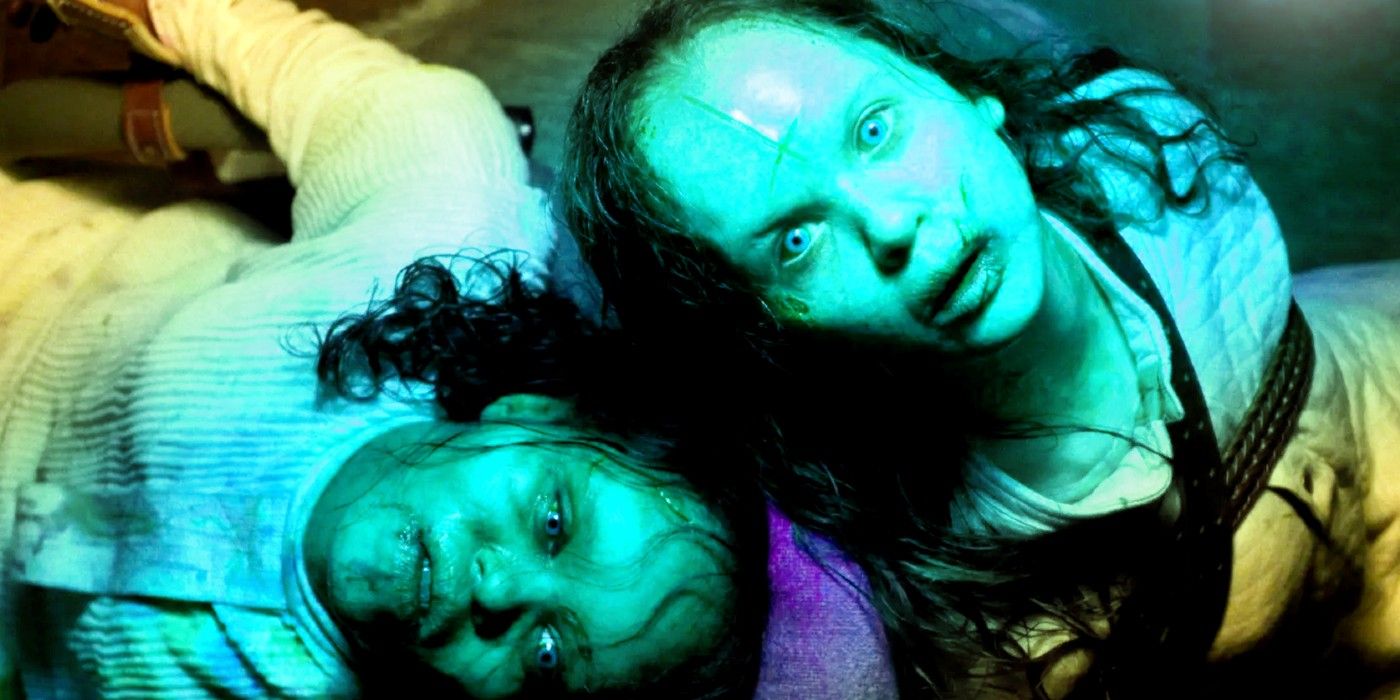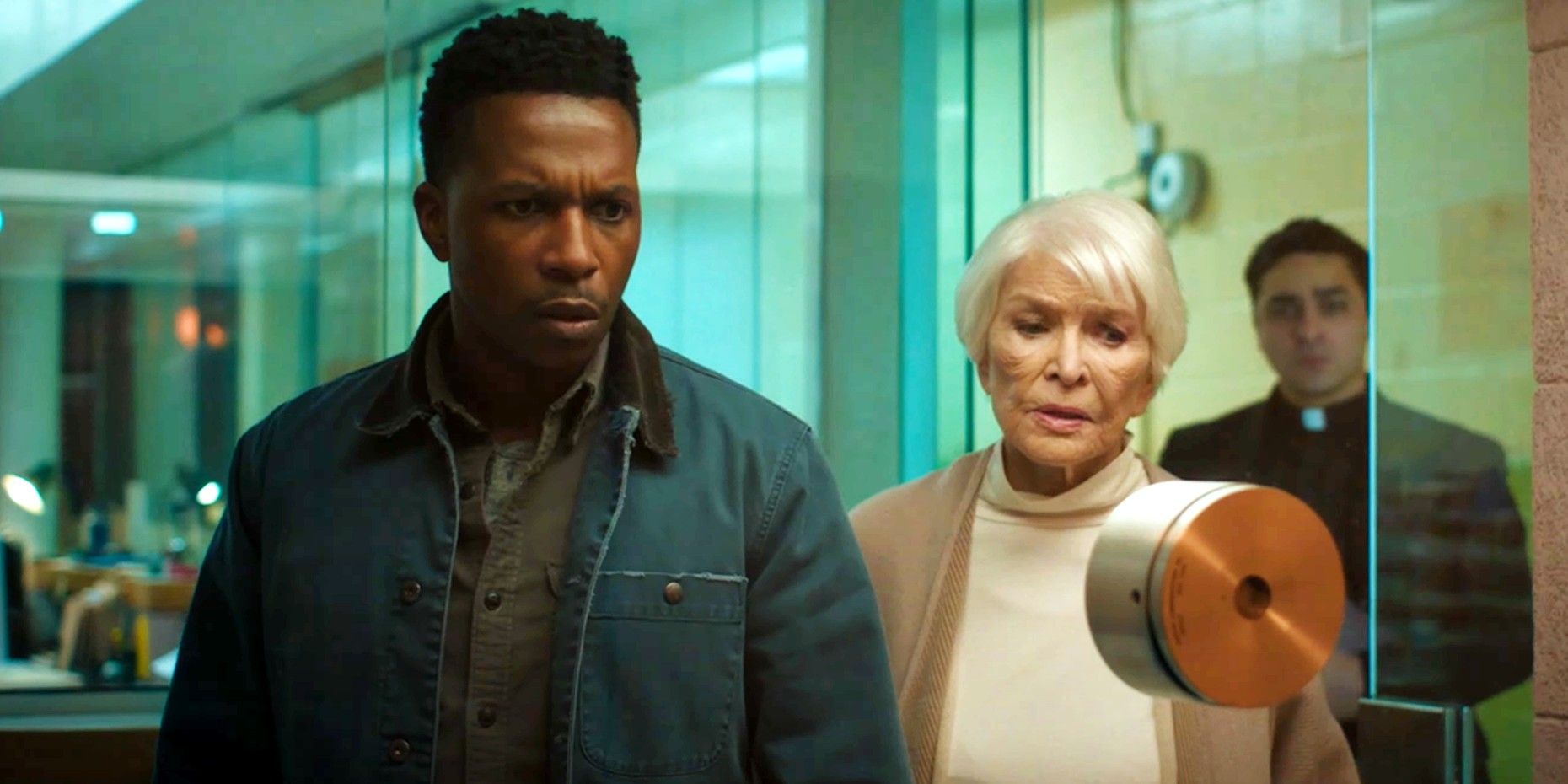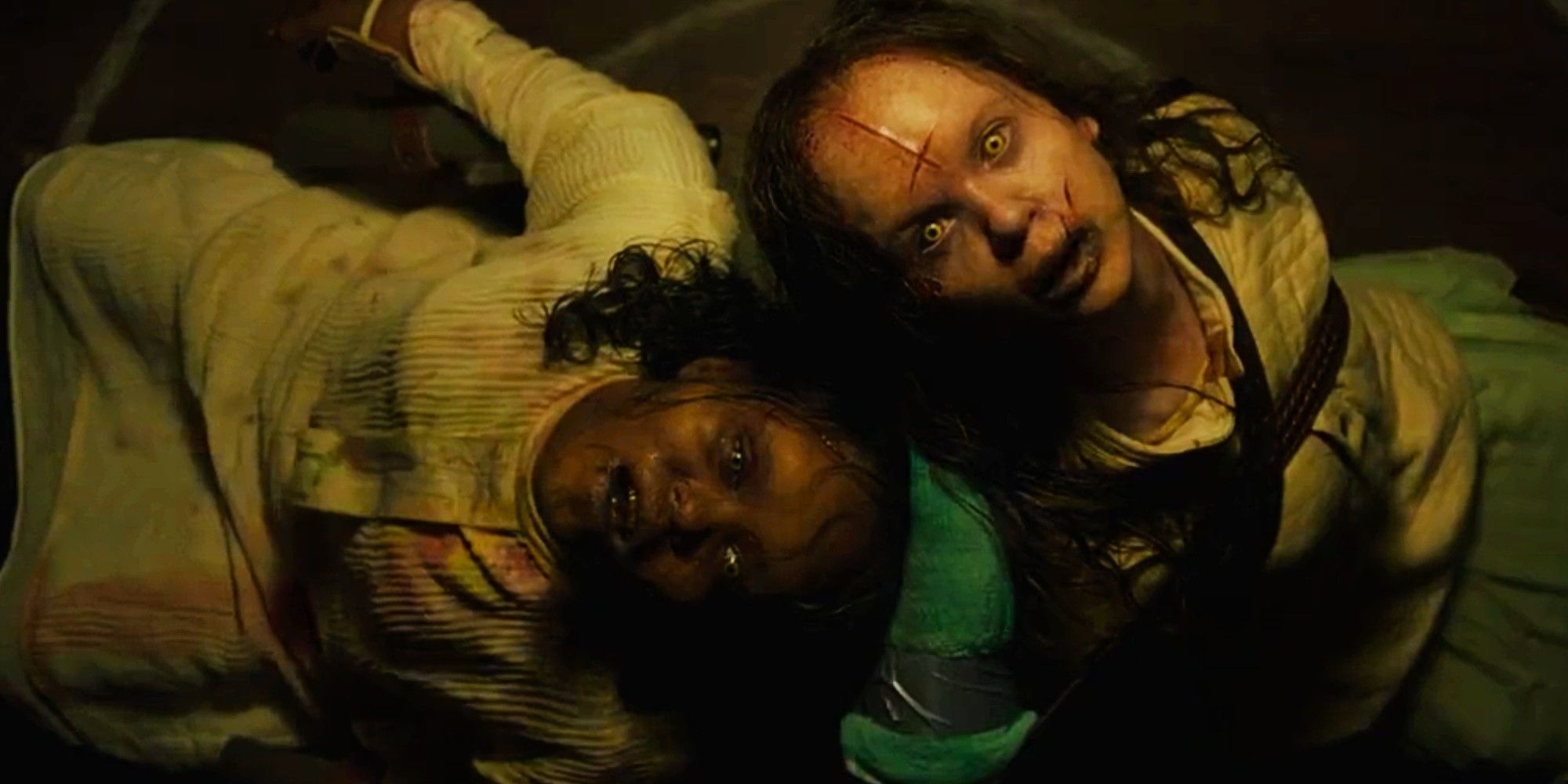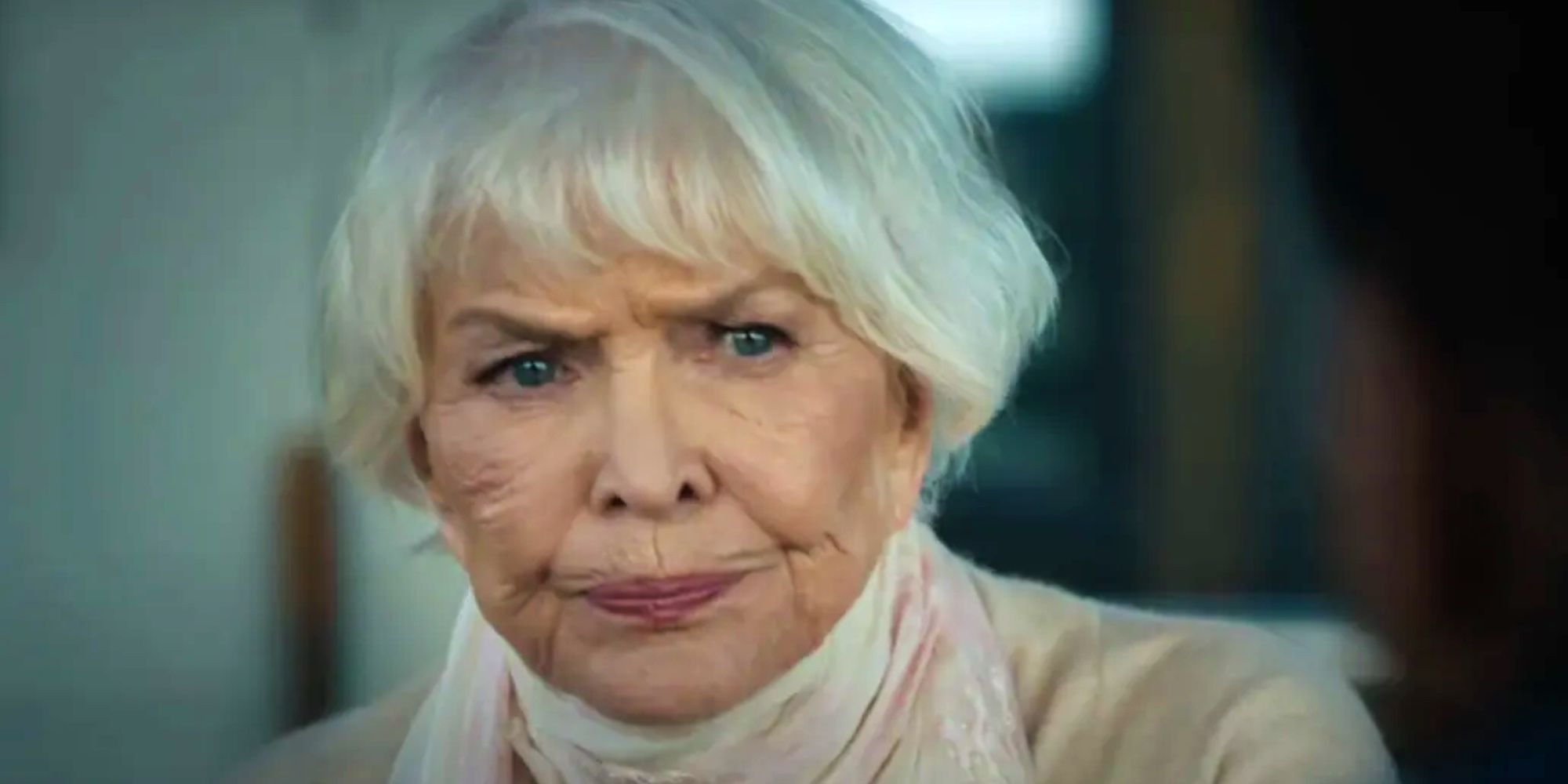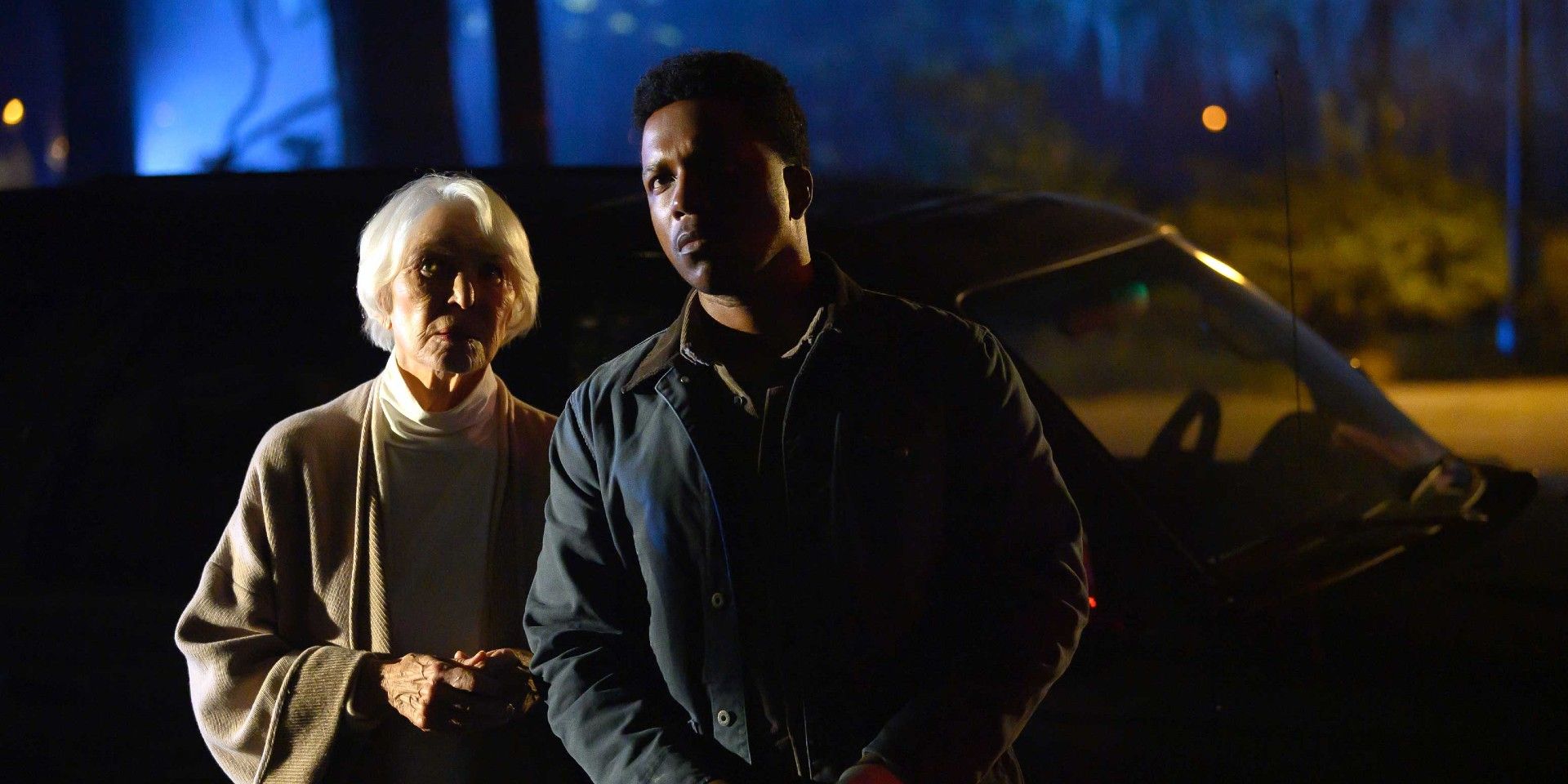Summary
- Universal may need to cut their $400 million losses on The Exorcist: Believer trilogy due to poor critical and commercial reception.
- The film lacks originality and offers a dull retread of tired horror tropes, according to scathing reviews, which is a bad start for the franchise.
- The $27 million opening and high production budget raise doubts about the feasibility of breaking even, and the studio's best option may be to cut their losses.
Following a poor critical and commercial reception for The Exorcist: Believer, Universal may need to cut their $400 million losses on the planned trilogy. The film, written and directed by Halloween trilogy director David Gordon Green, is a legacy sequel to the William Friedkin classic, in which a mother comes to believe that her 12-year-old daughter is possessed by a demonic entity. The Exorcist: Believer, in a similar move to Green’s 2018 Halloween, sidesteps every sequel in the Exorcist franchise, serving as a direct follow-up to the first film with legacy cast member Ellen Burstyn returning.
The film is intended as the first installment of a new trilogy of Exorcist films, with a planned follow-up titled The Exorcist: Deceiver and another as yet untitled. The Exorcist: Believer follows a father who, finding that his daughter and her friend may be possessed by a demon, turns to the only living person to have experienced the same thing, Ellen Burstyn’s Chris MacNeill. The movie opens the door for more stories, but with an expensive distribution deal burdening the franchise, the trilogy’s future is unclear.
The Exorcist Trilogy's $400 Million Deal Explained
NBCUniversal made headlines in 2021 with the announcement that they had acquired the rights to The Exorcist for a colossal $400 million, with the intention of distributing in theaters and streaming exclusively on their platform, Peacock. While the figure may seem absurd, it’s not unprecedented in Hollywood. Only a few months earlier, Netflix shelled out $469 million for the rights to two planned Knives Out sequels (one of which would become Knives Out: Glass Onion). On paper, Universal’s Exorcist trilogy plans stand a better chance of turning a profit than the Knives Out sequels. The production costs for horror are low, and three movies could generate more cash than two.
However, Netflix’s $469 million deal is playing a different game to Universal’s. While Netflix's deal is likely to lose money, it takes a proven theatrical commodity off the board, constituting a win for Netflix’s long game of training audiences to see streaming, not theaters, as the home of exciting new releases. Universal, whose business model still includes theatrical releases, doesn’t benefit from pulling a similar gambit with the planned Exorcist trilogy, which is slated for an extended run in theaters before coming to Peacock. The deal was penned with the intention that David Gordon Green, who delivered the recent Halloween trilogy to success, would write and direct the new trilogy.
The Exorcist: Believer's Reviews Are A Bad Start For The Franchise
David Gordon Green’s 2018 Halloween kicked off the new trilogy with a tide of critical praise which likely boosted the film’s box office through positive word of mouth and laid a strong foundation for the burgeoning trilogy. However, The Exorcist: Believer’s scathing reviews are an early indication that the new trilogy won’t be repeating this success. It’s true that horror movies are often “review-proof” and manage to succeed at the box office despite abysmal Rotten Tomatoes scores, but The Exorcist is a special case. Unlike films like Saw, which succeed off the thrills of gory traps which may turn off reviewers, The Exorcist’s value lies in its prestige.
Just as a Saw sequel ought to live up to the macabre violence of the original to secure franchise fans, an Exorcist sequel needs to live up to the thoughtful and atmospheric scares of the Oscar-nominated original. Exorcist: Believer’s poor reviews concur that the film lacks originality. Rather than relating a fresh and exciting new chapter in the franchise’s story, as Green successfully did with Halloween, the film offers a dull retread of tired horror tropes and familiar plot points. This low critical estimation, supported by a paltry 58% Rotten Tomatoes audience score, bodes poorly for interest in future Exorcist trilogy installments.
The Exorcist: Believer's Box Office Doesn't Indicate Sequel Interest
While critical reception is a fallible indicator of audience enthusiasm, box office figures don’t lie. The Exorcist: Believer’s $27 million opening came in under projections for the legacy sequel. Indeed, the disappointing weekend return may even spell a box office bomb for Universal and Blumhouse. The film’s production budget of $30 million is unprecedentedly high for Blumhouse, whose business model generally depends on high potential returns on low-budgeted horror titles usually costing between $5 and $10 million. With marketing costs estimated at around 1.5x production budget, the film will need at least $75 million to break even.
Even with international markets boosting Believer’s weekend figures to around $44 million, a $75 million overall take may not be feasible. Indeed, the coming weeks will spell unwanted competition for The Exorcist: Believer, as the upcoming Taylor Swift: The Era’s Tour is expected to be a major box office force. The first Exorcist trilogy entry failing to make back its overall budget would be disastrous for Universal; if Green’s Halloween trilogy is anything to go by, the Exorcist franchise's box office will only deplete with each follow-up. With the studio’s hopes of recouping its $400m investments looking less and less likely, their best option may be to cut their losses.
Will The Exorcist: Believer's Sequels Still Happen?
Nevertheless, the studios plan to proceed with the next film in the planned trilogy, The Exorcist: Deceiver. A preliminary release date of April 18th, 2025 has already been picked out, signaling that Universal still hopes to right the ship and yield a profit from the Exorcist franchise. While it was originally presumed that David Gordon Green would return to the director’s chair for subsequent Exorcist films, Believer’s critical and box office performance, supported by vague comments from Green himself, cast considerable doubt on this prospect.
It seems likely that Blumhouse and Universal will tap a new director to helm the next Exorcist installment. It’s possible that a fresh vision could turn things around. While Green states that the script for The Exorcist: Deceiver has already been written, executives may likewise call for adjustments or even a page one rewrite from a new author in order to ensure a new direction for the franchise. It’s unclear whether Deceiver will receive a theatrical release like Believer. Indeed, the best call may be to minimize losses by releasing The Exorcist: Believer’s sequels straight to streaming, thus bypassing another public box office disaster while increasing Peacock’s appeal at the same time.
Source: Rotten Tomatoes

